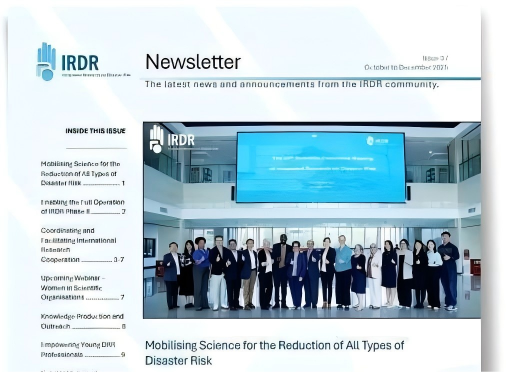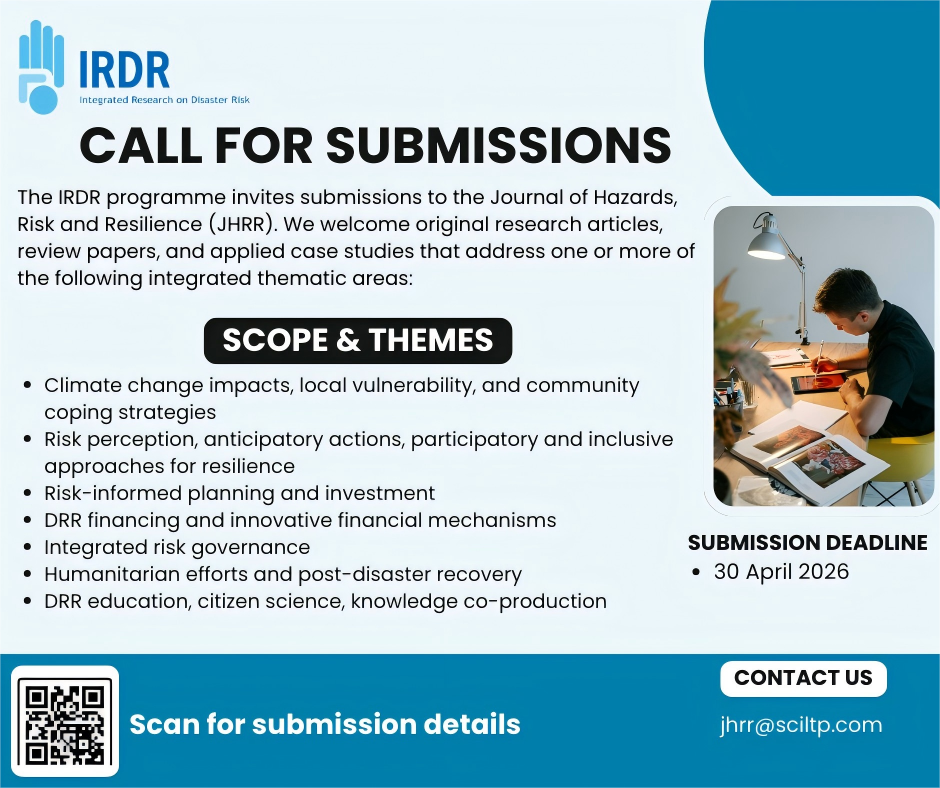From 21 July to 1 August 2014, the Abdus Salam International Centre for Theoretical Physics (ICTP) organized, in collaboration with the World Climate Research Programme (WCRP), a Summer School on Attribution and Prediction of Extreme Events, that was held at ICTP, Trieste, Italy. The summer school was partly funded from an ICSU grant.
“Extremes are a hot topic,” said Francis Zwiers of the University of Victoria in Canada, one of the school’s co-directors. In fact, understanding, predicting, and attributing extreme weather events is one of the six “Grand Challenges” identified by WCRP.
The school trained students with outstanding research potential in the techniques required to better understand observed and future changes in extremes. An underlying rationale for the school are societal and scientific questions about extreme events that are attracting increasing attention by the public and policy makers.

The school was organized around three broad areas:
1. Statistical theory underpinning extreme value analysis,
2. Detection and attribution of observed changes in the frequency and/or intensity of extremes, and
3. Event attribution, and the physical mechanisms that are involved in amplifying and/or extending the duration of some specific extreme events such as heat waves.
Participants also learnt about the development of some of the key data resources used to place current extremes into a long-term context, and, at the same time, provided insights into emerging thinking on the near term prediction of the likelihood of extreme events. The school taught a better understanding of the physical mechanisms that produce many of the most impactful extreme events, including “complex” hydrologic extremes such as drought and the role of coupled land-atmosphere feedback mechanisms in amplifying extreme temperature events.
Lectures during mornings were followed up, in afternoons and evenings, by the practical application of the material covered. Topics covered include both the basics and the most recent advances in climate science and statistics, exposing students to the ways that climate modelers and statisticians approach these topics differently. Lab sessions revolved around a set of real-world research problems carefully set to be tractable by teams of five (plus advisors) work with the resources available at the centre: Are humans changing the length of the agricultural growing season or the number of extreme weather events? Are temperature and precipitation swings in one region of the world related to those in another?
Students discussed progress on their projects half-way through the school, and presented preliminary results at the end the school. Team presentations met with sharp questions by their peers; each team included in their presentation also a long to-do list for future research. Some of these projects, if further pursued after the school, would lead to peer-reviewed publications.
To know more: http://www.wcrp-climate.org/index.php/ictp2014-about





